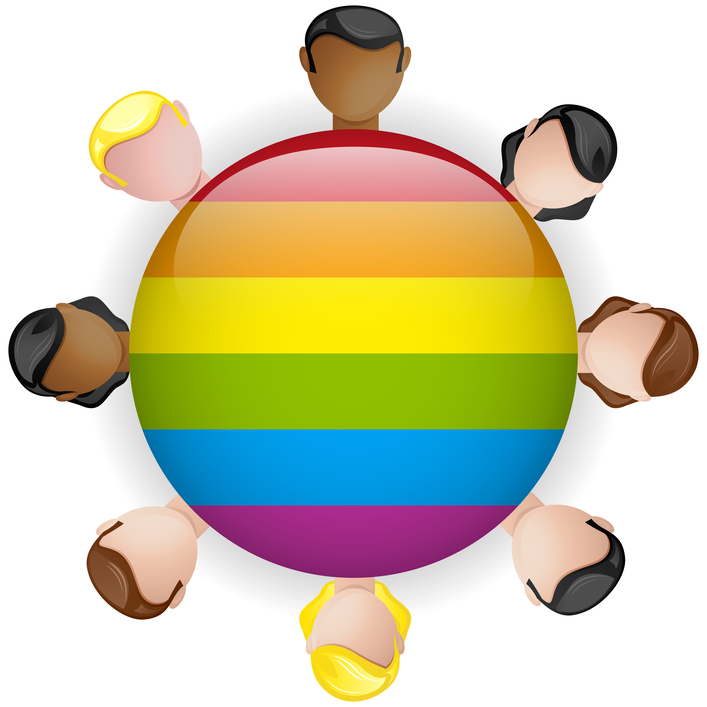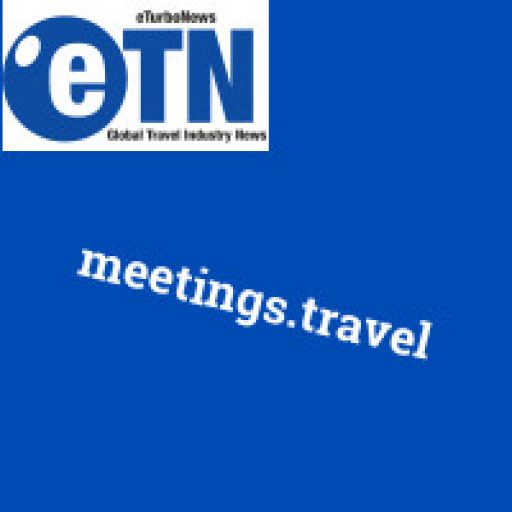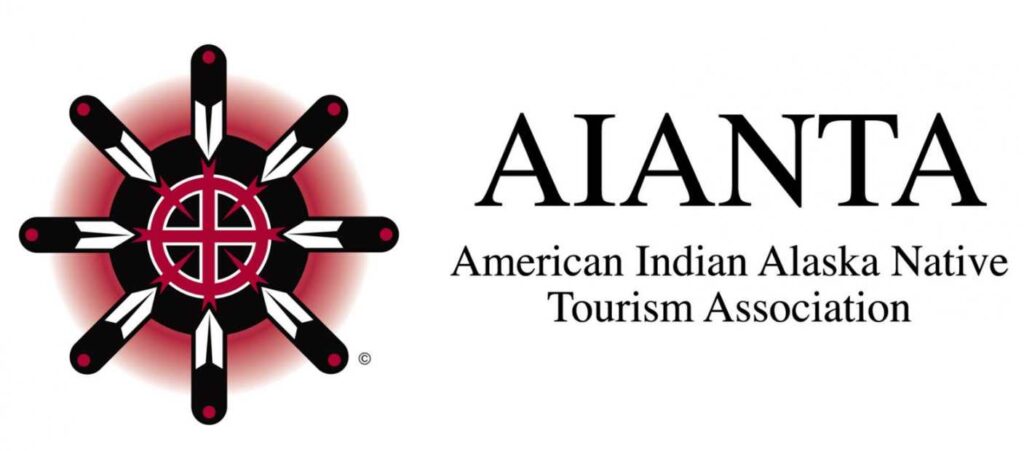June is known as Pride Month. Pride month is celebrated all over the world with fantastic events, demonstrations and an overwhelming support to the LGBT community.
Travel and tourism are what the LGBT community loves. LGBT travelers spend more money than any other group on travel. This is not only showing in the leisure travel and tourism industry but also when looking at it in proportion for the MICE travel industry, what is known as the Meeting and Incentive industry. Meeting places in hotels, convention centers know this and often provide a dedicated sales staff to be known by meeting planners conscious of the LGBT traveler.
In conjunction with the Community Marketing & Insights’ (CMI) 18th Conference on LGBT Tourism & Hospitality that took place in San Francisco, LGBTMPA held its first Professional Workshops + Networking Event, addressing topics that ranged from how to plan a successful LGBT-friendly event to navigating new bathroom legislation.
Much of the meeting and event planning industry only recently began evaluating its impact on the LGBT community. Even though you might assume that your meetings and events are free of bias, there’s always an effect. So how can planners be more conscientious? What are the basic steps towards establishing inclusion? LGBTMPA is the organization to exactly answer these questions and support meeting planners and events that support the LGBT community.
Begin with Location
Choosing the right space in the right location is fundamental to an LGBT-friendly event. Have a conversation with your contact at a potential venue about their prior experience with LGBT-friendly events and any diversity training the staff has completed. Evaluate city policies and attitudes prior to committing.
“It starts with site selections—being aware of city and state policies, including laws that could be discriminatory. Make sure you have an open line of communication with your vendors and know what the local climate is when it comes to the LGBT communit.
Most tier 1 cities are progressive. Unfortunately, they also tend to be the more expensive options. If you’re stuck planning in an intolerant city then you should reach out to the local CVB. Inquire about any nearby exceptions to the state attitude, request a realistic depiction of the local atmosphere and perhaps seek advice.
Make it known to CVBs that any intolerance is unacceptable. You can even point to the major, and very real, the fiscal impact of discriminatory legislation. For example, Skift reports that the State of North Carolina has already lost nearly $83.9 million in direct spending from cancellations due to HB2. Voicing concerns and apprehension is not just important to your event. Ultimately, it will benefit the LGBT community and may lead to widespread change.
One contentious element of the North Carolina law eliminates anti-discrimination protections for lesbian, gay, bisexual and transgender people, and legislates that in government buildings, individuals may only use restrooms and changing facilities that correspond to the sex on their birth certificates.[This has been criticized because it prevents transgender people who do not or cannot alter their birth certificates from using the restroom consistent with their gender identity: in North Carolina, only people who undergo sex reassignment surgery can change the sex on their birth certificates, and outside jurisdictions have different rules, some more restrictive. The legislation changes the definition of in the state’s anti-discrimination law to “the physical condition of being male or female, which is stated on a person’s birth certificate.”
Set the Stage for Inclusivity
Apply the “Force Majeure/Excuse of Performance” clause: Demand this clause during negotiation. It allows you back out of a contract without liability or damage costs if that state begins enacting any anti-LGBT legislation between the time of signing the contract and the time of program execution. This is especially crucial as the “bathroom bill” floats around.
Get perspective from the LGBT community: Find out how any of the work your organization does might be affecting it and ask what you can do better. Get involved with LGBTMPA to stay connected and informed. After an event, give attendees an assessment on how well you’re accommodating the LGBT community.
Be mindful of gender identity: If you document sex or gender through your registration site, be sure to include “transgender” and “I do not wish to self-identify” as options. If the property allows it, implement an “All Gender Restroom” sign outside of the main meeting area during the event.
Give LGBT a voice: Whether it’s through your program, host committee, marketing collateral, registration mailer or keynote speaker, LGBT needs to have a platform. Also, hosting an LGBT-identified keynote speaker is empowering even if they don’t touch on an LGBT topic.
Be mindful of language: Establish a zero-tolerance policy for homophobic, racist, sexist or any other biased language at your events. Publicize this on your website and during the event. Also, clearly communicate your stance and expectations to your team, attendees, sponsors and vendors. In addition, have panelists and speakers use gender-neutral terms with the pronouns “they, them and their.”
Organize an LGBT networking mixer: Regardless of what brings people together for your meeting or event, this will be appreciated. It doesn’t have to be exclusively LGBT, but it definitely promotes inclusivity.
LGBTMPA is a strong LGBT voice in the meeting and event planning world. Considering a prior lack of representation, along with the association’s booming success, it’s evident that their presence is very much needed.
More information: www.lgbtmeetingplanner.com/







